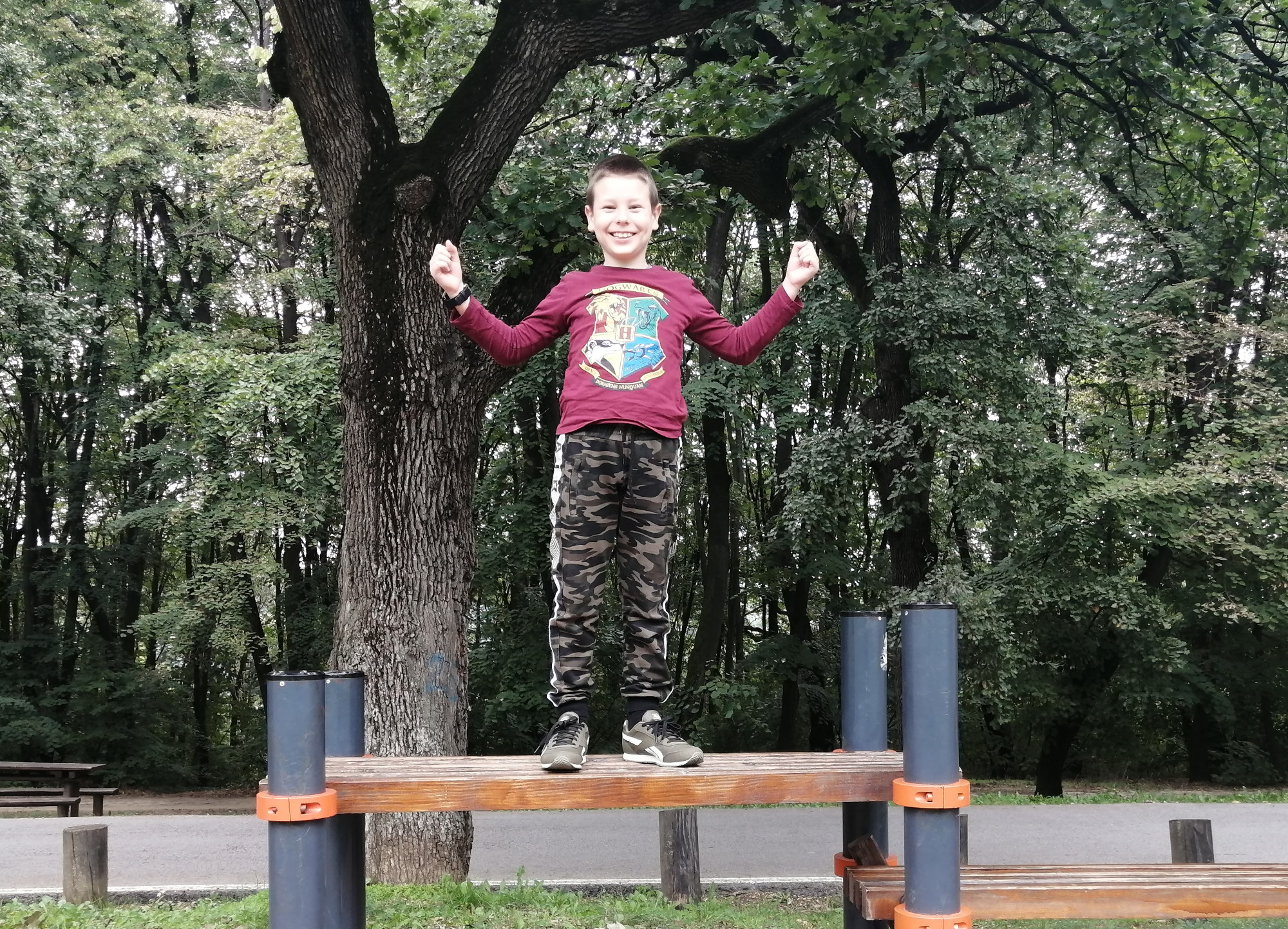Can a parent be a mentor?
It can. Here is how and what a parent’s role as a mentor should be.
Being a father is the best thing in the world. When your child sees you as a superhero is priceless. Yet, something much better is to be a mentor to your child and for your child to be yours.
When a child sees you as a superhero, you are shiny, perfect, with extraordinary abilities, and far above everything. That’s a great feeling, but you know it is untrue.
Instead of being superheroes, we should have a mentorship relationship with our kids. They should know that however capable we are, we have flaws. That way of learning between us is not one-way but a two-way line.
A mentor is a trusted person with a lot of experience who helps guide, advise, and support someone with less experience, usually in a professional or educational setting. The mentee usually looks to the mentor for advice on their career, decision-making, and personal and professional growth. A mentor can also serve as a role model by showing the mentee what it takes to excel in their professional career or life.
How do we create a mentor-mentor relationship with our kids?
Step one – Be always available.
If your kid has questions, any questions, you should be available. If you receive a text message or a call from your child, you should answer it immediately or as soon as possible. My dad always did that for me, and I know he always will. I find this as one of the keystones of our relationship.
Step two – Listen, hear, and have patience.
Once you are always there for your kid, the next step is to listen, learn, be patient, and try your best to help.
This is very important. Many of us are so busy that we don’t always take the time to listen as we’re always thinking about how to do things faster and what we need to do next.
We fix things as quickly as possible without adequately investigating the cause of the issue. By doing that, we haven’t solved anything. We have just postponed the problem in front of us without understanding its cause. We will be frustrated when it surfaces again, while our children will have less trust in us that we can help. Even worst, our children may start to realize that we do not have enough time for them and that for us, our jobs and other people are more important.

Due to that, we must pay attention and commit all necessary time to our kids when they need us. We must be their mentors and be aware that we can only help them and learn from them once we start to have patience, listen, and hear.
If you manage this, you will solve the current issues and build the foundations to get along well for the rest of your lives.
Step three – recognition.
When your children tell you they have learned much from you, you should replay that you have learned from them and feel the same. Then provide hints and cases of when and how.
Giving such recognition will mean a lot; it will be heard and appreciated.
One thing is sure. If you don’t listen, pay attention, and try to understand what other people are saying, it’s hard to build a close relationship. The ones you make without these properties are likely to be shallow.
Conclusions.
Mentorship between the parent and child (and with other people, too) is always a two directions relationship. We are learning as much as we teach. I will learn from the questions my child asks just as my child will learn from the answers and examples I provide
My personal belief and experience are that a mentor should not act from a position of power and whose words and actions we unquestionably follow. That is a superhero position (old-fashioned dad, autocratic/bureaucratic boss), and superheroes tend to disillusion us from up close.
A true mentor is on the same level as we are, despite him being more experienced, self-accomplished, and often older.

The productive relationship should be that mentor is open to listening, hearing, and learning from us directly. Not just put us in some of his categories and try to shape us as they see fit and as soon as possible. A true mentor should see his child, friend, or employee as an individual with his perks, weaknesses, and strengths. Both sides, in the process, should learn and improve. Both sides should feel a bond of trust, respect, happiness and support.
Mentor–mentor relationship with your child, friend, or employee is not something with fixed rules, but a relationship that will evolve and adapt as we get older and change.
For that to happen, each side needs to feel that their mentor is always there for them, someone they can trust and who will commit the time required when they need to talk to and seek guidance or advice.
If that is not you, a parent, your child will seek someone else.
This text might contain links to the products, so we can get a small commission if you buy them. That way, you are supporting this blog, for which I am thankful.

